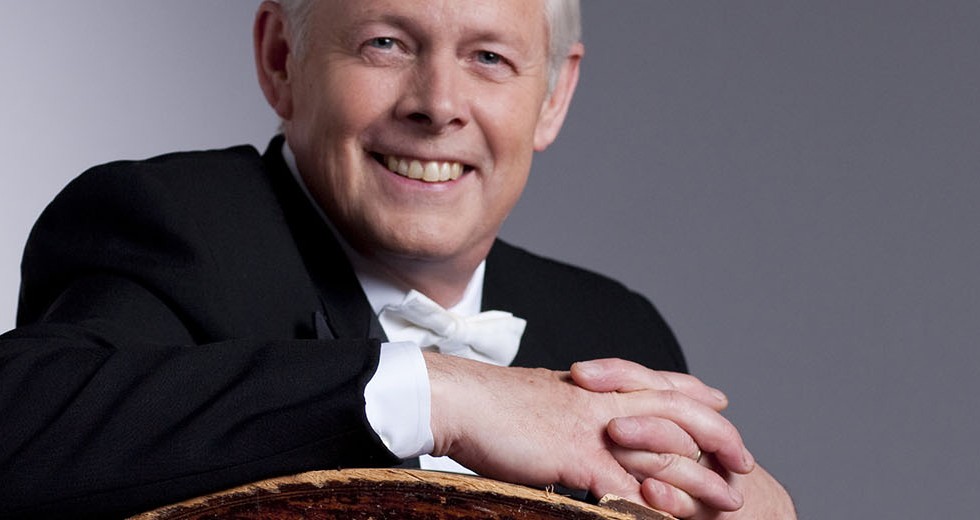
His father made violins as a hobby, so when Roger Cline first showed an interest in playing a musical instrument, violin was the logical choice. Later, after deciding to play bass, he continued his music studies at the University of Michigan, where he received a master’s degree in bass performance, studying with Lawrence Hurst. He spent three years in the U.S. Army Special Forces Band at West Point Military Academy and continued his studies with Homer Mensch while playing bass and sousaphone in the band. He has performed with numerous chamber ensembles and with groups of his colleagues from the CSO, as well as in recital at the library at Lincoln Center. He also plays the bass viola da gamba in his church and at local period-instrument concerts. He performed the solo gamba parts in Bach’s Saint John Passion with the CSO.
Why did you choose your instrument?
As a junior high student of the violin, my orchestra director suggested I play the school’s new string bass. I immediately was taken with its rich sound and especially enjoyed playing solos. It was a whole new world from the violin.
What work are you most looking forward to performing this season, and why?
I am looking forward to performing Schubert’s great Ninth Symphony in March. This work, by a 30-year-old Schubert, is, in many ways, as revolutionary as Beethoven’s Ninth. I also am glad that the CSO will be performing many other works by Schubert this season that I feel should be more in the center of our regular concert repertoire.
Describe an unforgettable musical moment (as a performer or as a listener) you had as a young musician.
Hearing Gary Karr (the famous double bass virtuoso) play on a Young Person’s Concert conducted by Leonard Bernstein broadcast on TV when I was a high-school student.
Offstage, I like:
Woodworking. I have been woodworking since I was a small child in my father’s cabinet shop. My father made violins as a hobby, so I started playing the violin because his instruments were around the house. I make turned and sculpted gallery works and furniture. I also make wood percussion instruments that are used by musicians in the CSO, the United States and throughout the world.
What is your most memorable CSO performance?
Playing in the first Millennium Park “Concert for Chicago” with Maestro Muti as our new music director on Sept. 19, 2010. It was an exciting performance for a huge audience that showed what the CSO could and would do with Muti and emphasized how important the CSO was and is to Chicago and the whole musical world.
HOMETOWN: Tacoma, Wash.
YEAR JOINED THE CSO: 1973
EDUCATION: Master of music degree in double bass performance, University of Michigan.
FULL BIO here.